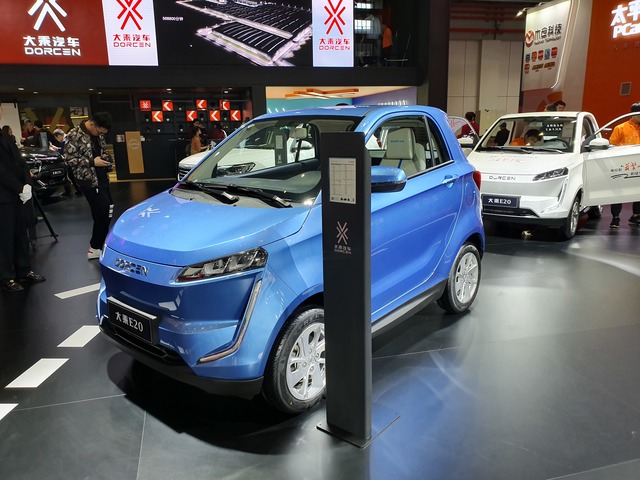 China continues to solidify its position as the world's largest market for new energy vehicles (NEVs), with over **20.41 million** plug-in cars in use by the end of 2023, representing **30.2%** of total new car registrations that year[1]. The Chinese government has implemented substantial tax incentives, including a **RMB 520 billion** package aimed at boosting sales of electric vehicles (EVs) through exemptions from purchase taxes for NEVs in 2024 and 2025[2][3]. This aggressive support is part of a broader strategy to reduce reliance on fossil fuels, tackle urban air pollution, and enhance the domestic automotive industry[1][2]. As a result, Chinese automakers now dominate the global EV market, accounting for **60%** of worldwide sales, with expectations for continued growth driven by consumer demand and competitive pricing[3][5].
China continues to solidify its position as the world's largest market for new energy vehicles (NEVs), with over **20.41 million** plug-in cars in use by the end of 2023, representing **30.2%** of total new car registrations that year[1]. The Chinese government has implemented substantial tax incentives, including a **RMB 520 billion** package aimed at boosting sales of electric vehicles (EVs) through exemptions from purchase taxes for NEVs in 2024 and 2025[2][3]. This aggressive support is part of a broader strategy to reduce reliance on fossil fuels, tackle urban air pollution, and enhance the domestic automotive industry[1][2]. As a result, Chinese automakers now dominate the global EV market, accounting for **60%** of worldwide sales, with expectations for continued growth driven by consumer demand and competitive pricing[3][5].
Citations:
[1] https://en.wikipedia.org/wiki/Plug-in_electric_vehicles_in_China
[2] https://www.china-briefing.com/news/chinas-electric-vehicle-supply-chain-and-its-future-prospects/
[3] https://www.aljazeera.com/economy/2024/4/20/are-chinese-evs-taking-over-the-car-market
[4] https://news.mit.edu/2021/chinas-transition-electric-vehicles-0429
[5] https://www.weforum.org/stories/2024/06/china-electric-vehicle-advantage/
[6] https://apnews.com/article/xiaomi-electric-vehicle-ev-china-su7-13900c059ca3c530cf35ddd486328f99
[7] https://www.nytimes.com/2024/05/01/business/china-electric-vehicles.html